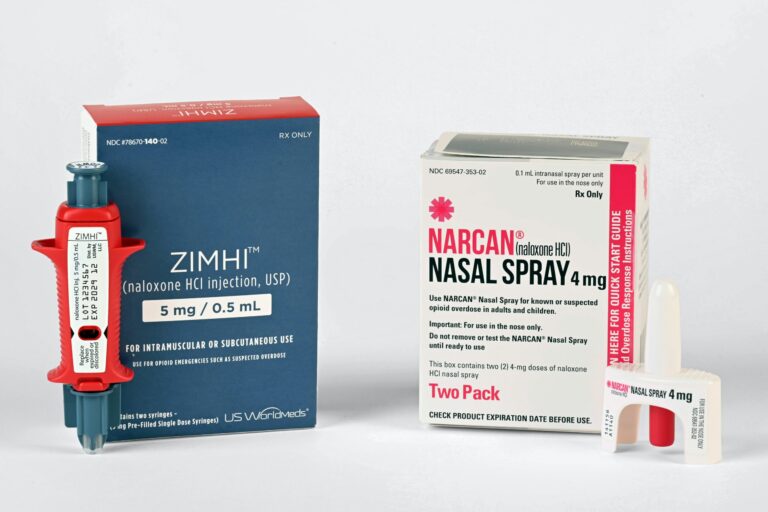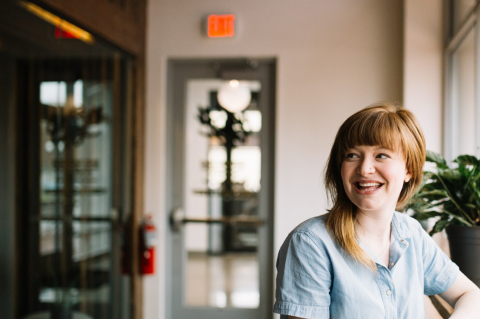Certified Peer Recovery Specialists (CPRSs) offer critical support to individuals in early recovery. CPRSs work with their clients to develop comprehensive wellness plans that will support them in long-term success, and help them to thrive in recovery. There are many services CPRSs can offer clients, and it varies depending on the unique needs of each individual. Because the job of a CPRS can look different for everyone, we wanted to provide some frequently asked questions and answers around what it means to work as a CPRS. In this post, we’re going to walk through some frequently asked questions that we hear from prospective CPRSs and answers to each of those questions. Keep reading to learn more about working as a CPRS with Kyros.
Frequently Asked Questions
Q: How often do Kyros CPRSs work?
A: Ultimately, this is up to you! If you’re working with a few clients who you meet multiple times a week, you might work 25 hours a week. If you have a full caseload and work with multiple individuals in the same program, you could work a typical full-time 40 hour week all at that specific program location. Your day-to-day structure is your choice. As long as clients needs are being met, and you are being attentive to these clients – you will determine the amount of time you spend working as a CPRS each week.
Q: What does it actually mean to create your own schedule?
A: Creating your own schedule means you decide the hours you are available to work, and you coordinate with clients to schedule meetings, calls and activities that fall within your schedule. Clients need varying degrees of support, and in different ways. For example, if you have a client who wants to meet regularly as well as be accompanied to their recovery meetings – you may want to schedule a few visits per week. This could be one appointment that includes attending an AA meeting, and two other in-person appointments where you discuss their recovery wellness plan and how they are building their life in recovery.
Clients can receive peer services for up to two hours each day, so long as you don’t exceed this limit you can meet as frequently as needed.
Q: What does a typical day look like as a CPRS with Kyros?
A: Each day will generally have a different schedule, this is not a 9-5 office job. Depending on the needs of your clients, you may have longer hours on one day due to client meetings and calls, and shorter hours on the following day. We dedicated an entire post to walking through a day in the life of a CPRS, check it out now here.
Q: How do I keep track of the hours I work with clients?
A: When working with clients, charting will keep track of the time you spend with clients as well as give insight into the clients’ overall recovery status. Charting can only be done when you are NOT with clients, and is completed through the Kyros portal. You gain access to this portal upon beginning your contract with us. Make sure to document the correct amount of time, and enter the required information and notes to complete your charting.
Q: Do I receive benefits as a Kyros CPRS?
A: All CPRSs begin working with Kyros as an independent contractor. By definition, this means that you have autonomy and flexibility with your work schedule, but you do not receive benefits such as health insurance and paid time off.
Q: What kinds of programs can I work within?
A: One opportunity we provide our CPRSs with is program placement. Our Provider Advocates work with CPRSs and assess their experience and capabilities to gain an understanding of how they can best serve a certain population of clients. From there, Provider Advocates will match you with potential programs that you can be placed within. We work with organizations across the state of Minnesota that serve specific communities including re-entry, LGBTQIA+, BI-POC and more. If you wish to work with a certain population of people, let your Supervisor know and they can work with you to find the best programs available.
We’re Here to Answer Your Questions
While it can be helpful to have the flexibility to create your own schedule, it can also leave a few questions up in the air. We’re here to answer your questions about working as a CPRS! We have seen so many individuals work in completely different capacities, from part-time to full-time employment, within a program or finding their own clients. Rely on your Supervisor to help guide you through this process, and reach out with any questions you may have. Working as a CPRS should support your life, just as you support the lives of others!
Not Certified as a CPRS Yet?
We partner with Refocus Recovery who offers free training classes every week, available both virtually and in-person. Learn more about becoming a CPRS here!





